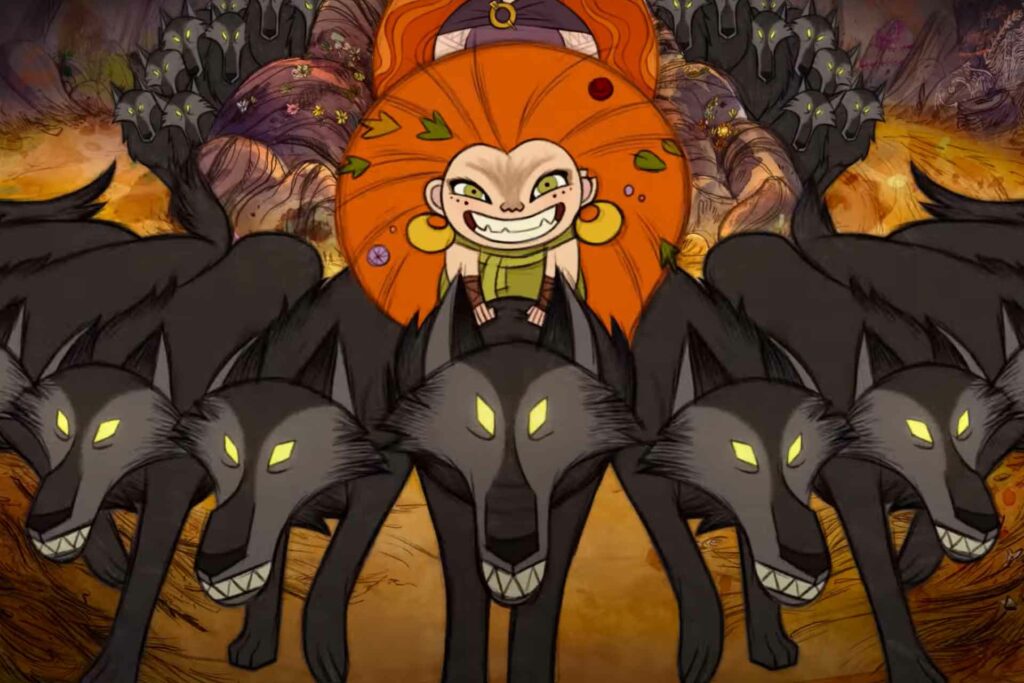
The quiet they experience reminds us of the profound silence that awaits all humanity when, as the Japanese priest Kenko taught almost seven centuries ago, we "look on fellow sentient creatures without feeling compassion. In this spirited and absorbing narrative, Brett Walker takes a deep look at the. By 1905 they had disappeared from the country. Certain wolf scientists still camp out in Japan to listen for any trace of the elusive canines. Many Japanese once revered the wolf as Oguchi no Magami, or Large-Mouthed Pure God, but as Japan began its modern transformation wolves lost their otherworldly status and became noxious animals that needed to be killed. The story of wolf extinction exposes the underside of Japan's modernization. an excellent book easily worth the time to read it. Few books oer as intricate a view into another culture’s attitudes to- ward an animal’s extinction and disappearing wilderness as The Lost Wolves of Japan. Walker, The Lost Wolves of Japan, Foreward by William Cronon (Seattle: University of Washington Press, 2005), xviii + 331 pp., illus., 35.00. Through poisoning, hired hunters, and a bounty system, one of the archipelago's largest carnivores was systematically erased. Review 'Well illustrated and stylishly written, The Lost Wolves of Japan is a wolf's-eye view of premodern Japanese culture and the modern state's drive for modernization. Paul Lawrence Farber Oregon State University Brett L.

By the nineteenth century, however, the destruction of wolves had become decidedly unceremonious, as seen on the island of Hokkaido. Highly ritualized wolf hunts were instigated to cleanse the landscape of what many considered as demons. You may not be perplexed to enjoy all books collections The Lost Wolves Of Japan. In the eighteenth century, wolves were seen as rabid man-killers in many parts of Japan. The Ainu people believed that they were born from the union of a wolflike creature and a goddess. Walker (2005, Hardcover) Be the first to write a review About this product Brand new 100.84 New (other) 43.95 Pre-owned 19.87 Stock photo Brand new: Lowest price 100. Talismans and charms adorned with images of wolves protected against fire, disease, and other calamities and brought fertility to agrarian communities and to couples hoping to have children. Grain farmers once worshiped wolves at shrines and left food offerings near their dens, beseeching the elusive canine to protect their crops from the sharp hooves and voracious appetites of wild boars and deer. In this spirited and absorbing narrative, Brett Walker takes a deep look at the scientific, cultural, and environmental dimensions of wolf extinction in Japan and tracks changing attitudes toward nature through Japan's long history.

Summary: Many Japanese once revered the wolf as Oguchi no Magami, or Large-Mouthed Pure God, but as Japan began its modern transformation wolves lost their otherworldly status and became noxious animals that needed to be killed. Your assignment: Using at least five primary sources from Politics and Society in Japan’s Meiji Restoration, as well as Factory Girlsand The Lost Wolves of Japan, describe the human and nonhuman costs of Japan’s modernization.


 0 kommentar(er)
0 kommentar(er)
